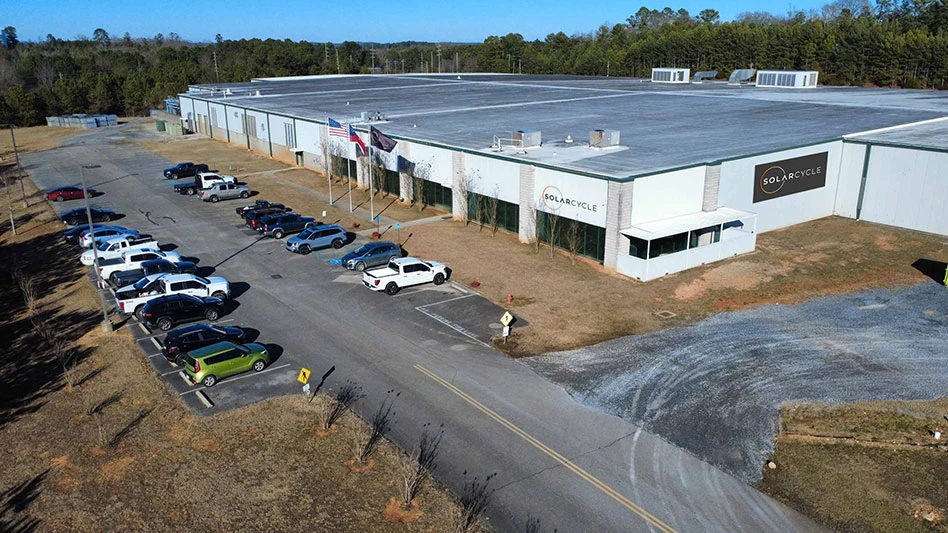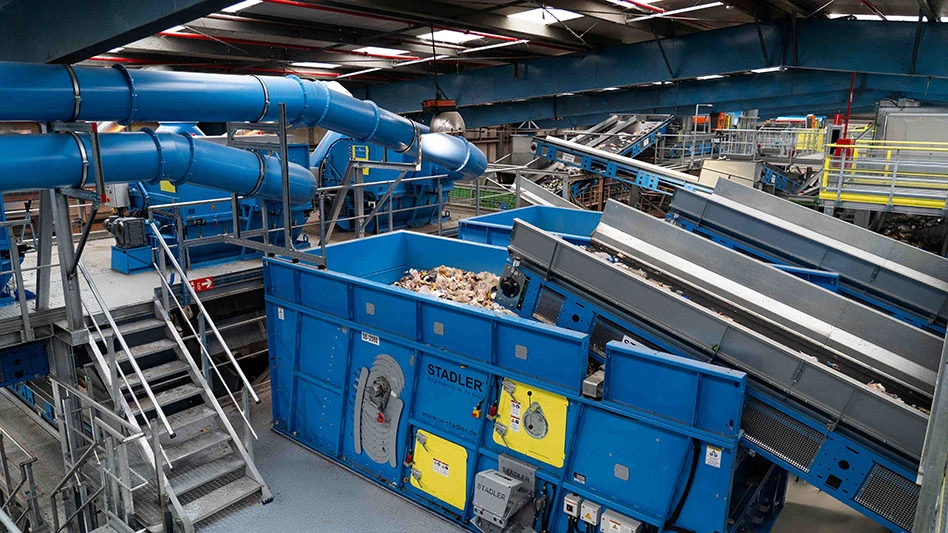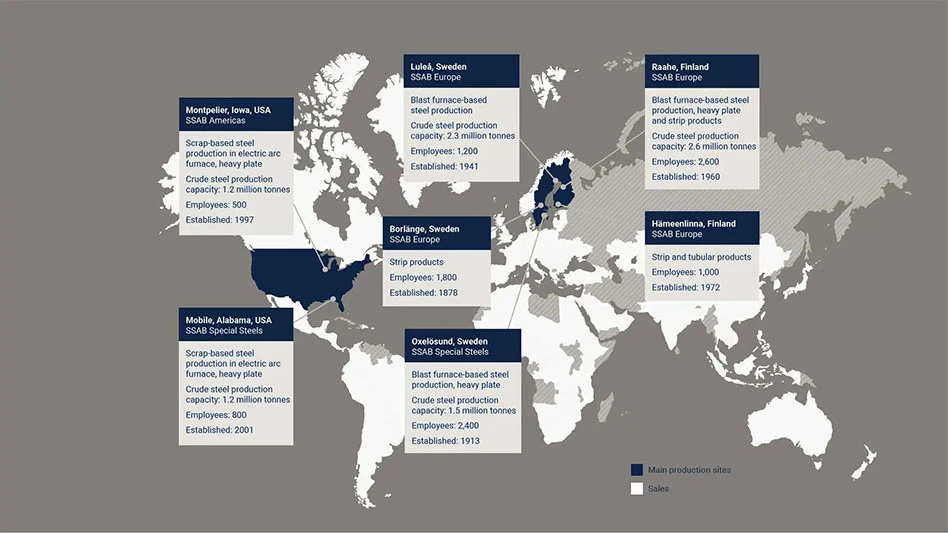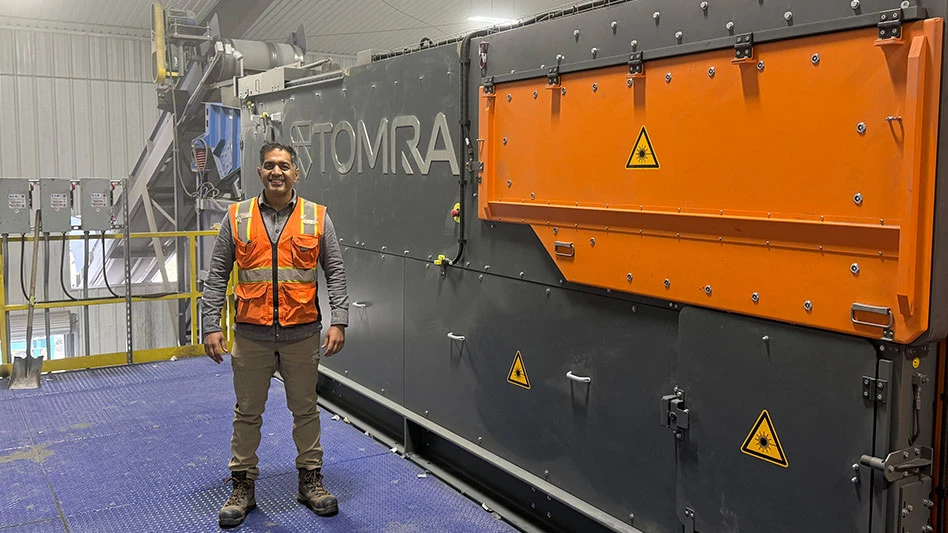ISRI says Trans-Pacific Partnership would benefit US recycling industry

The Institute of Scrap Recycling Industries (ISRI), Washington, has announced its support for the Trans-Pacific Partnership Trade Agreement (TPP) in a letter to Congress. The TPP could generate tens of millions of dollars in additional sales revenue for U.S. recycling businesses by eliminating tariffs on scrap commodities and recycling equipment exports, the trade organization says.
Supporters of the TPP say it would level the playing field among parties to the agreement (the U.S., Australia, Brunei Darussalam, Chile, Malaysia, New Zealand, Peru, Singapore, Vietnam, Canada, Mexico and Japan), cut more than 18,000 taxes different countries put on American-made products and broaden or improve commitments in existing trade agreements.
“Opening new markets and expanding access to existing trade partners, the TPP will generate millions of dollars in tax revenue, make a positive contribution to our balance of trade and create thousands of recycling jobs across America,” ISRI Chair Mark Lewon of Utah Metal Works Inc., Salt Lake City, and ISRI President Robin Wiener write in the letter. “Within the U.S. scrap commodities account for one of the largest exports by value, making up more than a quarter of the industry’s economic activity.”
The letter says U.S. exporters face significant trade barriers, including import tariffs that restrict the flow of scrap. For example, tariff duties were applied to nearly $700 million in U.S. ferrous scrap exports annually, with ad valorem rates ranging from 0.78 to 6 percent.
Opponents of TPP say previous trade agreements have negatively affected the industrial and manufacturing sectors in developed economies and have led to the offshoring of jobs and that TPP will do the same.

Explore the November 2016 Issue
Check out more from this issue and find your next story to read.
Latest from Recycling Today
- Flexible Film Recycling Alliance report outlines progress
- RERF opens Avagliano award nominations
- Eriez expands European sales network
- Gränges increases sales volume in 2025
- Aduro selects Netherlands as site for industrial scale-up facility
- Nasco-Op declares dividend
- Cyclic Materials announces plans for South Carolina campus
- WM reports revenue, earnings growth in Q4 and full-year 2025





